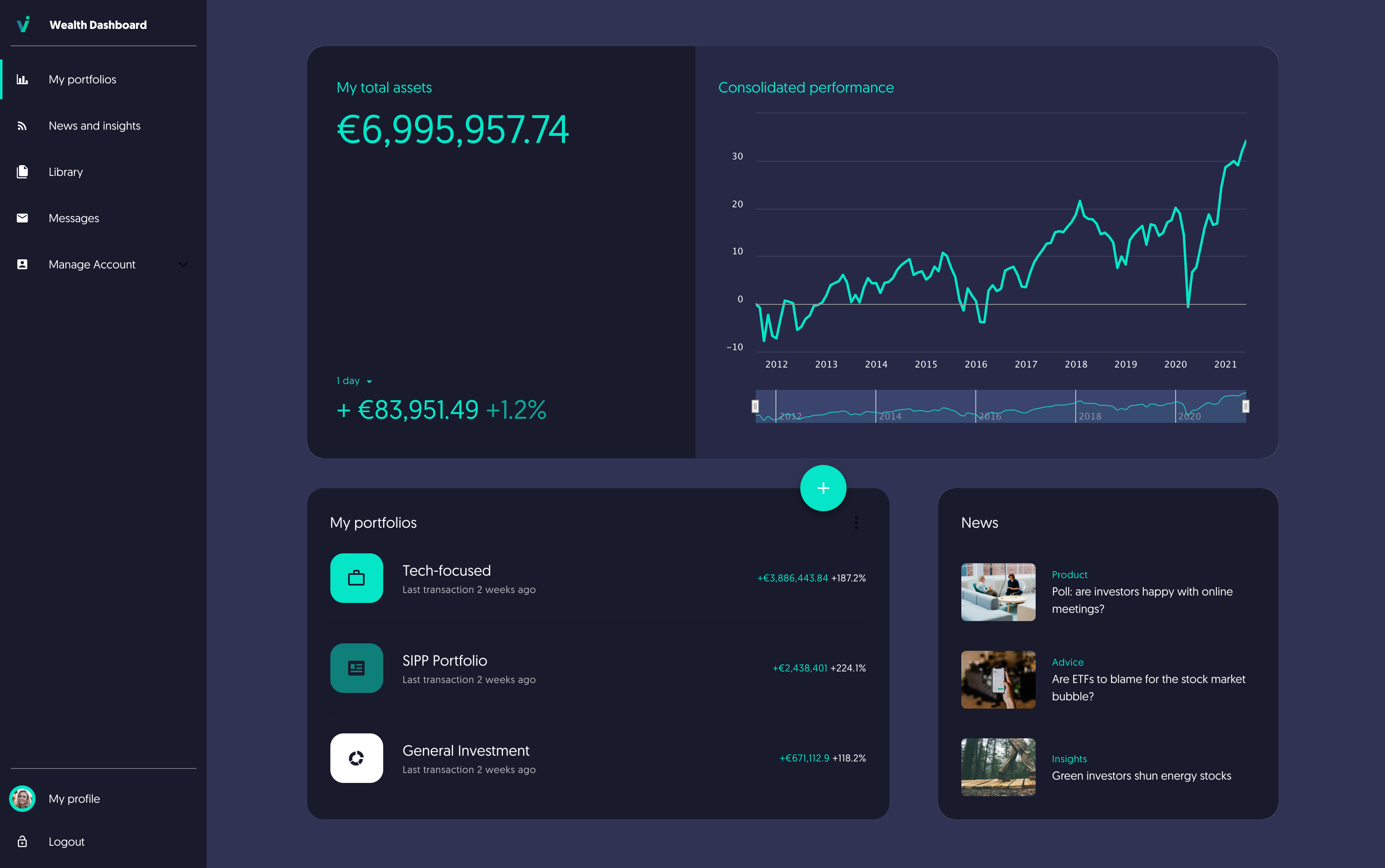The last financial crisis highlighted just how important proactive client communications are in troubled times. Tolerance for unresponsiveness was low then and will be even more so now

Warnings that global growth is slowing to Financial Crisis levels have stoked fears of a vicious recession. One hopes that wealth managers have positioned client portfolios well to weather the storm. But are they ready for all the extra relationship management work that will ensue?
One of the hardest lessons 2008/9 taught was just how important proactive client communication is at times of stress, and just how difficult it is for advisors to take all the strain. Unable to cope with the barrage of panicked calls, it is understandable that many advisors took to “hiding under their desks”; understandable, too, that client satisfaction hit a record low in 2009.
Fast-forward to the next (2020?) crisis scenario, and we can hopefully see things playing out far better – or at least for firms which have invested in the digital tools they need to stay close to clients. HNWIs’ alarming readiness to switch provider today should have less responsive ones very worried indeed.
“White glove”, but not by hand
Some firms still cling to the notion that “white glove” service should be delivered by hand. Shunning automation, their advisors must craft investment communications individually, and, when troubles come, they must hit the phones to offer similar reassurances across their client books.
“Handholding” is, of course, central to the sector’s value proposition. You must ensure clients are psychologically comfortable and head off emotional reactions that lead to undisciplined investment behaviour. Client satisfaction and fulfilling mandates successfully rest on good communication. The question is what level of “good” – meaning timely, personalised and convenient – is deliverable by the advisor alone.
A highly manual approach might be just about feasible in sunny times but, as the crisis taught us, probably not in darker ones. Not only is this hugely inefficient, it is also reactive when wealth managers need to be resolutely proactive.
Unfortunately, digital reporting and communications tools cannot help with market developments themselves. They do, however, go a very long way towards managing clients’ reactions to them and thereby cementing – rather than eroding – their loyalty.
Confidence and comfort
Empowering investors with real-time portfolio information is just the start. With a client portal acting as a central communications hub, firms can reassure investors with personalised thought-leadership which tallies with their actual holdings and concerns.
Further, tailored communications can be generated automatically and honed over time to reflect an ever-deepening understanding of clients based on actual behaviour. If someone you thought was pretty sanguine about investment risk starts obsessively logging on, then reaching out is wise. So too is respecting the timing and channel they prefer.
Of course, advisors should be talking to their clients. We just need to make sure that contact is as valuable as possible for both sides. Conversations are far more fruitful if clients are already apprised of what market developments mean for their portfolio. It may even mean they need they no further reassurance at all.
A holistic, evolving view of clients clearly has huge sales potential. Yet as clouds gather, it is the confidence – and comfort – gains from digital client communications which should now be front of mind.
When another crisis hits, wealth managers will all face similar problems. But as the saying goes, it’s not what happens that matters – it’s how you deal with it. In that context, proactive client communications have never mattered more.

